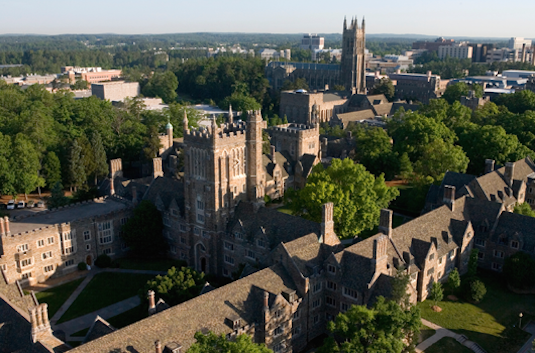BioE Seminar: Communicating with and Controlling Biology via Biofabrication, Synthetic Biology, and Microelectronics

Abstract: The ability to interconvert information between electronic and biologic systems has already transformed our ability to record and actuate biological function (e.g., EEG, EKG, defibrillators). In parallel, we have begun to demand biological connectivity from electronic consumer products (fitbit, cell phones, etc.). There are significant gaps, however, that must be overcome before biological information can be seamlessly conveyed and before biological function can be electronically "programmed". A communication gap exists whereby the common vectors for information flow in biology are ions and molecules; they are electrons and photons in electronics. Since there are essentially no "free" electrons in biological systems, there is essentially no direct "translator" of electrons to molecules and vice versa. Gaining access to molecular communication is essential as molecules are the primary vector that drives biological function. There is also a fabrication gap to overcome. It is difficult to construct microelectronic devices that include labile biological components. We are developing tools of "biofabrication" that enable facile assembly of biological components within devices that preserve their native biological function. By recognizing that biological redox active molecules are a biological equivalent of an electron-carrying wire, we have developed biological surrogates for electronic devices, including a biological redox capacitor.






